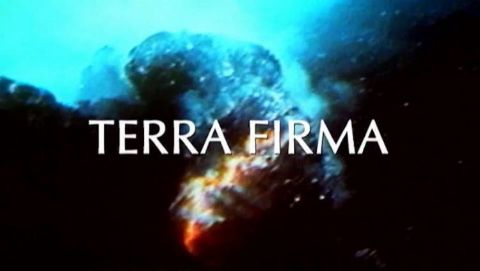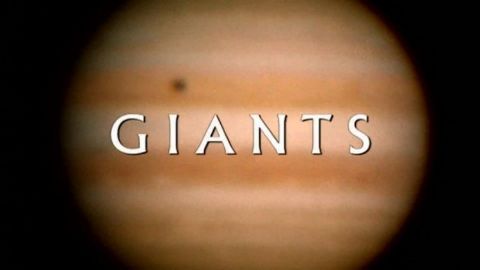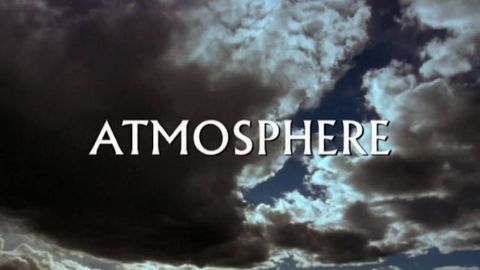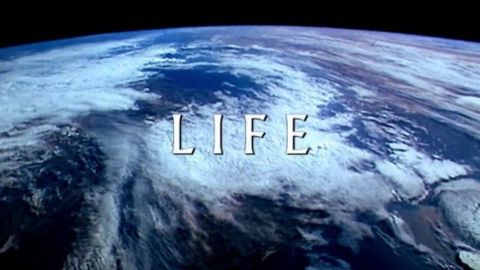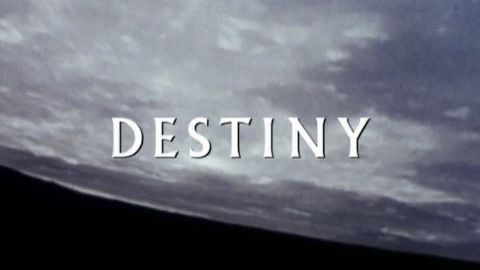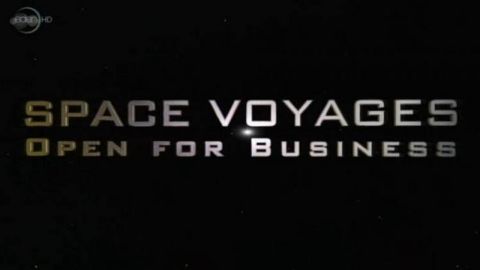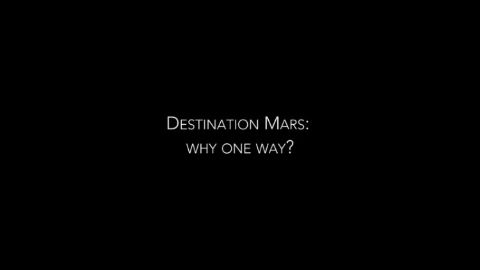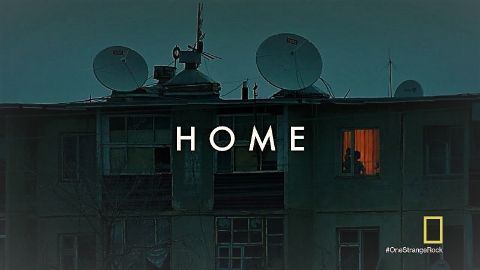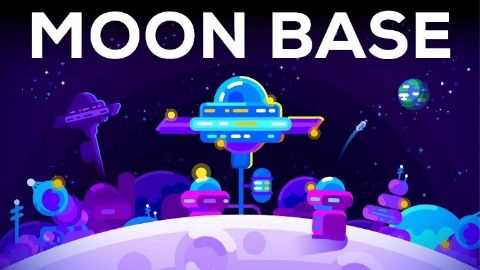The Planets • 2004 • 8 episodes •
We reveal the planetary enigmas on our doorstep and embark on the New Horizons voyage to photograph Pluto. Will our encounter with this tiny ball of ice and rock and the trillions of icy objects beyond it paint a clearer picture of how the planets came to be?
2004 • Astronomy
This is the story of pioneering missions to neighboring planets and our first glimpses of their awe-inspiring terrains. From the giant lava plains of Venus to the volcanoes on Mars that dwarf Mount Everest, we journey around the rocky planets and then to the icy moons of Jupiter, Saturn and beyond.
2004 • Astronomy
For centuries the giant planets floated on the fringes of the solar system as distant objects in the eyepieces of astronomers. But in December 1973 mankind had its first close encounter with Jupiter. We chart the story of our discovery of these massive planets, Jupiter, Saturn, Uranus and Neptune.
2004 • Astronomy
Earth has a companion in space so large that it rules our nights, our months, our ocean tides. Why Earth should have such a moon is one of the deepest mysteries of the Solar System. We tell the story of how the Earth’s satellite became the unlikely object of desire of the two Cold War superpowers.
2004 • Astronomy
For millennia humans have seen our star, the Sun, through the Earth’s atmosphere. But the Space Age has given us a new perspective that has revealed the many faces of the Sun in X-rays, ultraviolet/visible light, heat, and radio. We reveal hidden secrets of the Sun, like the power of solar wind.
2004 • Astronomy
In 1971 a Russian spacecraft attempted to photograph Mars, but the planet did not cooperate. Since then, we've learned more about the atmosphere of the red planet, and what makes it similar to, but very different from, our own.
2004 • Astronomy
As we continue to discover the diversity of life on Earth, we are forced to stop and marvel at how tenacious and inventive life is. So, as we forge onward in our robotic explorations of other worlds, we shouldn't be too surprised to find other places where conditions seem to be right for life.
2004 • Astronomy
The Sun created our Solar System and in a fit of cosmic cannibalism will engulf and destroy it. However, our Solar System will see many changes before the light of our star goes out. So, what will be happening with the planets over the next four billion years, before the Sun swallows us and them?
2004 • Astronomy

